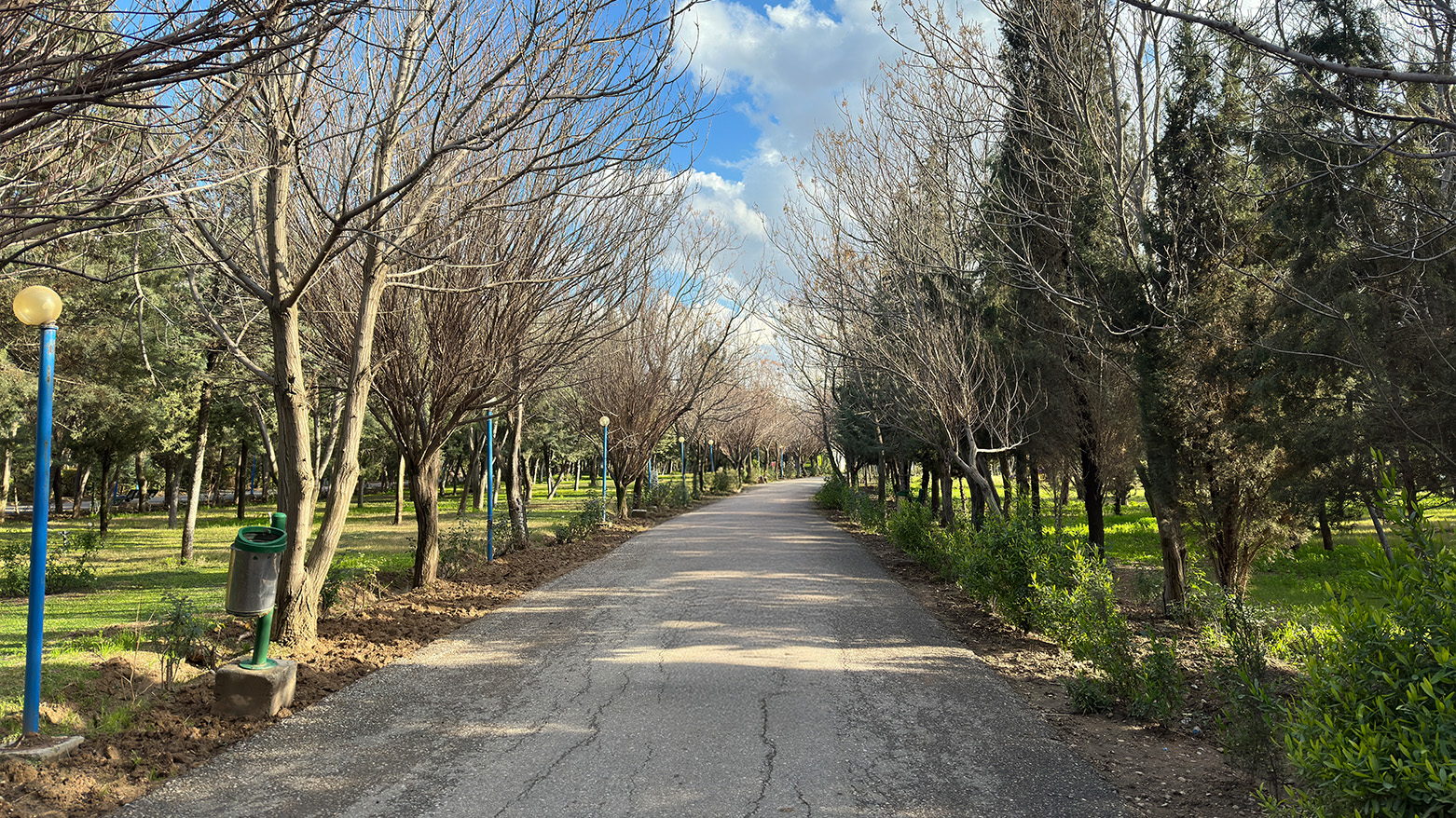Erbil's 'Lungs' Breathe New Life with Recycled Water Project
A new project treats 800 cubic meters of Erbil's sewage daily to irrigate Sami Abdulrahman Park, a key move to protect dwindling groundwater amid a severe water crisis. The project has already enabled the shutdown of two water wells.

ERBIL (Kurdistan 24) – In a significant move to combat water scarcity, Erbil’s largest public park has begun irrigating its vast green spaces using treated sewage water, a pioneering recycling project aimed at preserving the city’s precious groundwater resources.
The project at Sami Abdulrahman Park, known as the "lungs of Erbil," is now operational and represents a critical step towards sustainable water management in the Kurdistan Region, which, along with the rest of Iraq, is facing a severe water crisis driven by climate change, reduced river flows, and increasing demand.
Jamil Hussein, the Director of Sami Abdulrahman Park, told Kurdistan24 reporter Ahmed Abdulsamad on Wednesday that the project’s implementation began in 2024 and it became fully operational last month.
"The project supports us in several ways: both by reducing the cost of supplying water for the park and its greenery, and by protecting groundwater," Hussein said.
According to the park's director, the new facility treats 800 cubic meters of water daily, which is collected from the sewers of Erbil city and reused to irrigate the sprawling park.
The impact is already tangible. Sami Abdulrahman Park, which spans approximately 800 dunams (200 acres), has 20 water wells to meet its irrigation needs, which can reach approximately 6,000 cubic meters of water per day during the hot summer season.
"Because the project produces approximately 800 cubic meters of treated water daily, we have shut down two of our water wells, as we no longer need them and the recycling project compensates for the water they provided," Hussein explained.
The preservation of the park is of immense symbolic and environmental importance. It was built on the grounds of a former Ba'athist regime military base and named in memory of Sami Abdulrahman, the Deputy Prime Minister of the Kurdistan Regional Government who was assassinated in the 2004 twin terrorist bombings in Erbil. Today, it stands as a vital green space that produces a large amount of oxygen daily and helps clean the city’s environment.
Hussein stressed the importance of expanding such initiatives to safeguard the region’s strained water resources for the future.
"The more similar projects are established, the more water wells can be shut down, and we can better protect our groundwater resources," he reiterated.
